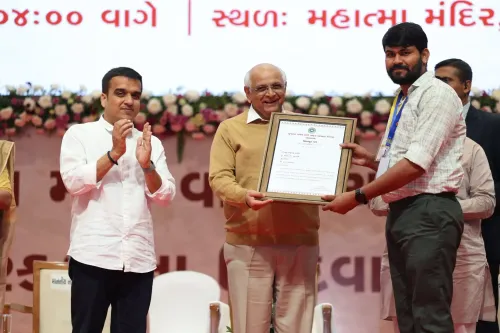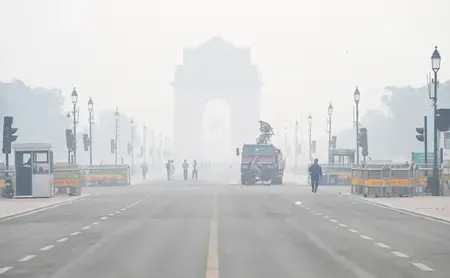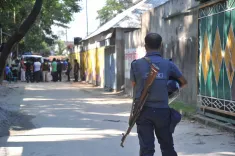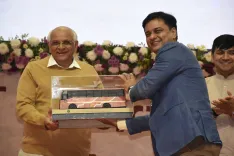Can Head Constables Investigate Offences in Maharashtra Now?
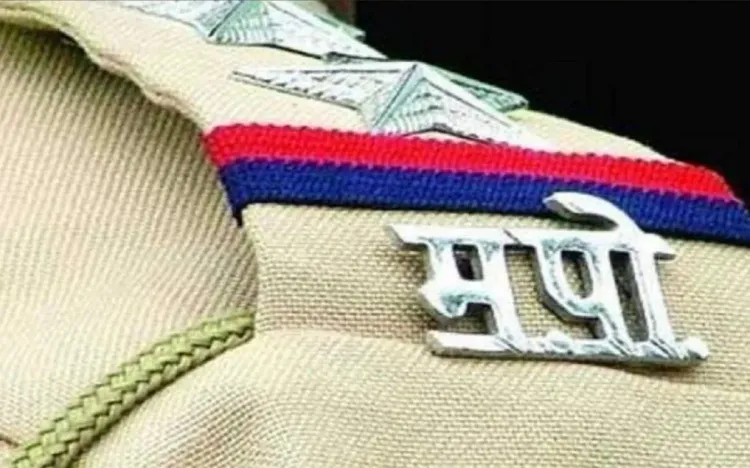
Synopsis
Key Takeaways
- Head constables now have the authority to investigate offences.
- New training and qualification requirements are established.
- Mobile forensic vans will enhance evidence collection.
- Online testimony recording aims to reduce courtroom congestion.
- These changes represent a significant shift in Maharashtra's policing approach.
Mumbai, May 15 (NationPress) The Maharashtra government has announced a significant change with a recent gazette notification allowing head constables to conduct investigations into offences throughout Greater Mumbai and the entire state, following the guidelines set by sub-section (1) of section 176 of the Bharatiya Nagarik Suraksha Sanhita, 2023.
Previously, only senior police inspectors or sub-inspectors were authorized to lead such investigations. Section 176 describes the investigative procedures and their legal ramifications.
The notification specifies that only police personnel holding the rank of Head Constable or higher, or those who are Police Constables with a degree, at least seven years of service, and have successfully completed six weeks of specialized training at the Detective Training School in Nashik, can now handle investigations. Additionally, they must have no pending departmental inquiries against them.
According to subsection (1) of section 176 of the Bharatiya Nagarik Suraksha Sanhita, 2023, if a police officer suspects that an offence has occurred based on received information, they must promptly report it to a magistrate capable of addressing such cases. They must then investigate the scene personally or assign a subordinate officer of an appropriate rank to gather facts and, if necessary, initiate measures to apprehend the offender.
Earlier this year, Chief Minister Devendra Fadnavis, who oversees the Home Department, revealed plans for the comprehensive implementation of new criminal laws within six months.
Fadnavis emphasized that the Bharatiya Nyaya Sanhita (BNS), Bharatiya Nagarik Suraksha Sanhita (BNSS), and Bharatiya Sakshya Sanhita (BSS) aim to create a swift and modern law-and-order framework in the state.
He also announced the deployment of twenty-seven mobile forensic vans, which will establish a comprehensive network over the next six months. For cases with potential penalties exceeding seven years, forensic testing will now be conducted on-site via these vans, ensuring high-quality evidence collection. A substantial portion, ninety percent, of Maharashtra's two lakh police personnel have been trained in these new laws, with the remaining ten percent expected to complete their training by March 31.
Fadnavis further highlighted that new legal frameworks will allow for the recording of testimonies from prisons through designated cubicles connected to courts online, reducing the necessity for repeated physical court appearances by accused individuals. Each court will be equipped with its own cubicle, a project set to be finalized within six to eight months. This initiative aims to alleviate police transport demands, enhance security, and reduce courtroom congestion.
“Under the new laws, repeated court adjournments will be prohibited, and government lawyers will receive the necessary training,” added Fadnavis. He concluded by stating that Maharashtra would intensify its efforts to implement these three laws efficiently.


